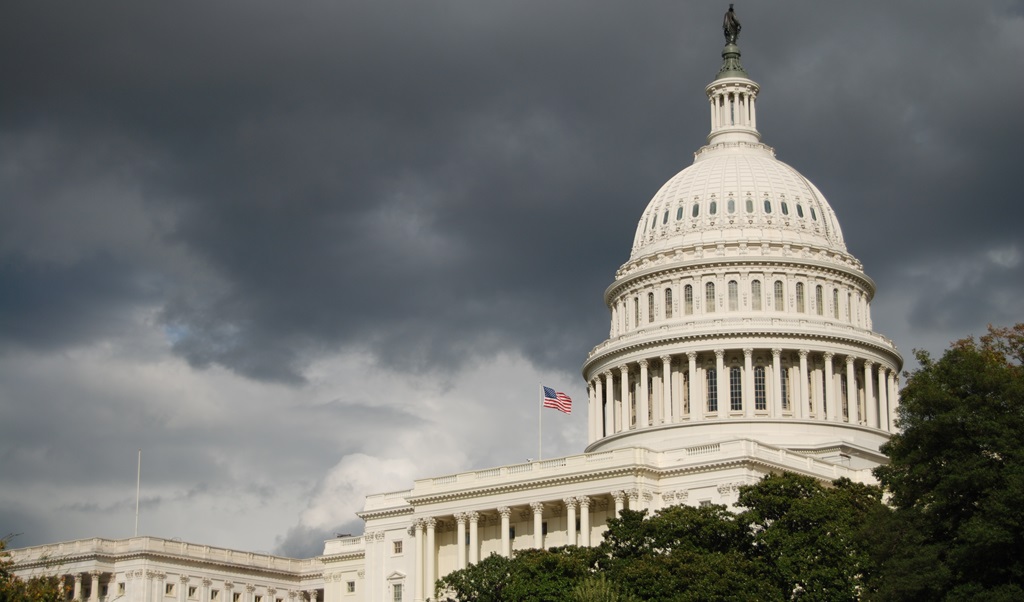Want to take action on the Laken Riley Act? The House of Representatives passed the Laken Riley Act, H.R. 29. It will likely go to a vote in the Senate. Contact your senators and urge them to vote “No” on this anti-immigrant bill.
Who runs the U.S. immigration system?
If the Senate passes the Laken Riley Act this week, the answer might not be Congress or the president. The bill, already passed in the House, would hand state attorneys general, like Ken Paxton in Texas, veto power over large swaths of federal immigration policy.
Under a provision of the bill which has gotten little attention, federal courts in places like Texas and Louisiana could hear lawsuits seeking to impose sweeping bans on all visas from countries such as India and China. State officials could also seek court orders forcing the government to deport a specific individual without the signoff of an ICE officer.
Currently, immigration authority is managed at the federal level. Giving states a veto power over thousands of decisions made every day by federal law enforcement officers and leaders will complicate immigration issues in every community and threaten to set off international incidents which could hurt U.S. interests around the globe.
The bill is named after Laken Riley, a nursing student who was murdered in February 2024 by Jose Ibarra, a migrant from Venezuela who crossed the border in September 2022. Seizing on Ibarra’s very atypical immigration record (crimes committed across multiple states while evading ICE arrest) to paint all migrants as criminals and the Biden administration as responsible, the GOP introduced the Laken Riley Act soon afterwards.
FILED UNDER: immigrants and crime, Immigration and Customs Enforcement


